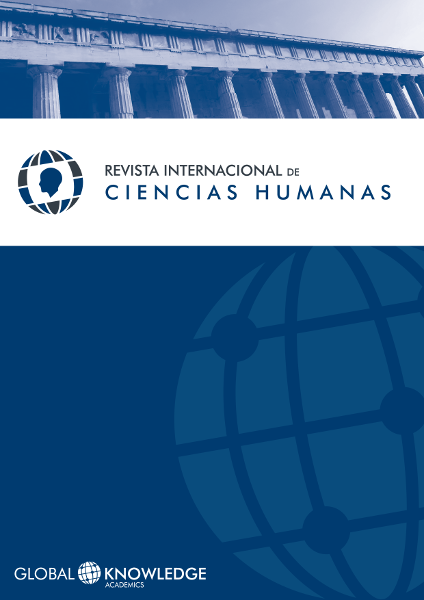The Problem of “Nationalization” of the Elite as Confirmation of Theory of the “Best People” by J. Ortega y Gasset
DOI:
https://doi.org/10.37467/gka-revhuman.v4.753Keywords:
Theory of the “Best People”, “Nationalization” of the Elite in Russia, Political Spanish and Russian Elites in Government and Public Administration, Sovereignty, Political Regime, CorruptionAbstract
Based on theory of the “Best People” by J. Ortega y Gasset the author made an attempt to investigate the role of upper stratum of society in modernization of the political regime on principles of democracy and polyarchy. The author shows the role in the State of apparatus of power and administrative authorities, comprising professionally and morally trained public officers, providing stable and independent functioning of state institutions. In 2012 social and political events started in Russia, named “the nationalization” of the elite in political science. The interests of high political and enterprise social groups are coordinated with the interests of the State and civil society. The comparative analysis of Spanish and Russian political elites influences and impact on political stability to provide independent social and economic development of their countries is made. The state sovereignty reflects the ability of independency governing and manager of high social groups, the national elite. The role of military-political elite as a body of legitimate force in the State welfare is underlined separately. Modern models of democratic political regimes are not the aim, but the instrument of achieving welfare of people and the State. The events in Russia confirm significance of scientific works of the great thinker J. Ortega y Gasset.
References
Ortega y Gasset, J. (1979). La rebelion de las masas . Madrid: Revista de Occidente / Alianza Editorial.
Ortega y Gasset, J. (2013). España invertebrada. Barcelona: Espasa Libros.
Prieto, J. (1995). Golpe de Estado. Memorias de la Transición. Madrid : El País.
Cercas, J. (2009). Anatomía de un instante . Barcelona: Mondadori.
Boyko, S. (2012). Un análisis político comparativo de los factores de la estabilidad política durante la transiciό n democrática de Rusia y España a finales del siglo XX y principios del siglo XXI. Revista Internacional de Humanidades, 1 (1) , pp. 11-17.
Downloads
Published
How to Cite
Issue
Section
License
Those authors who publish in this journal accept the following terms:
- Authors will keep the moral right of the work and they will transfer the commercial rights.
- After 1 year from publication, the work shall thereafter be open access online on our website, but will retain copyright.
- In the event that the authors wish to assign an Creative Commons (CC) license, they may request it by writing to publishing@eagora.org









